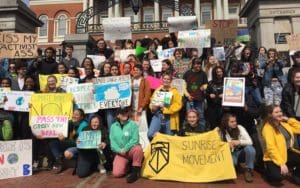Study Finds that Offshore Wind Is Cheaper and Healthier than Natural Gas
The tri-state offshore wind projects could save New Englanders nearly $630 million in electricity bills annually.
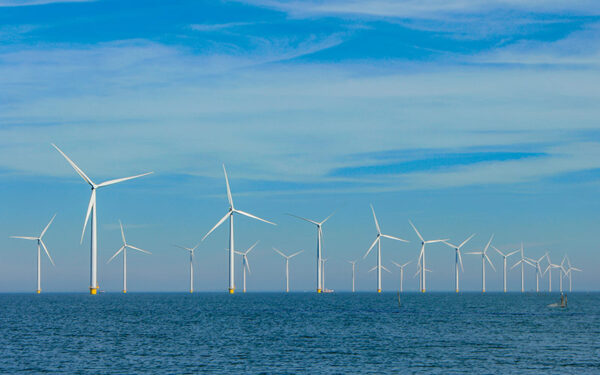
The tri-state offshore wind projects could save New Englanders nearly $630 million in electricity bills annually.

The Vermont Secretary of Natural Resources’ deficient implementation of the state’s climate law is thwarting our collective opportunity to act urgently.
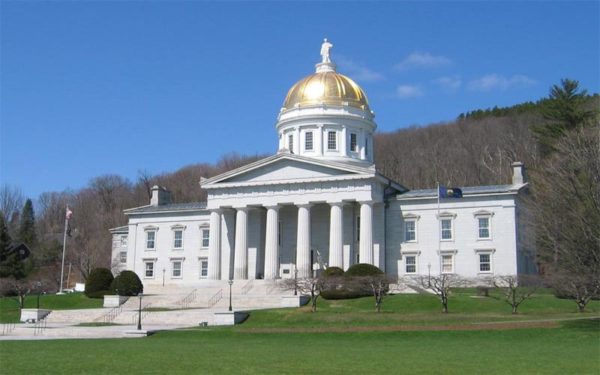
Biking and the infrastructure to support it should be an integral part of Boston’s climate and transit vision. They should go hand in hand with reducing carbon pollution and increasing transit equity.

Climate change is making New England’s summers hotter and heat waves longer. But finding a swimming hole to cool off isn’t easy for everyone. We asked Mardi Fuller about accessible and equitable access to swimming spots and about her top picks for beaches and lakes across the region. Mardi advocates for racial equity through writing,… Continue reading Guest Blog: Mardi Fuller’s Top Picks for Swimming in New England

Maine still needs to drastically cut carbon pollution to meet its legal obligation under the climate law.
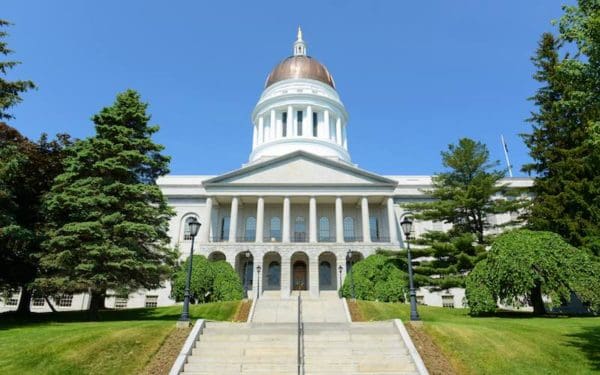
Conservation Law Foundation, Sierra Club, and Maine Youth Action are keeping up their fight to ensure Maine cuts carbon pollution as required by the law. The groups on Thursday filed their response to Maine’s motion to dismiss their April lawsuit.
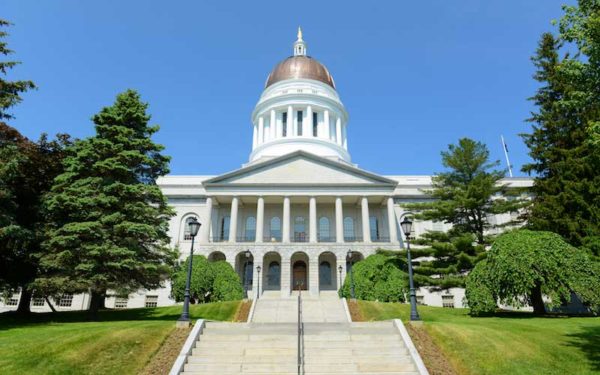
We won’t accept polluted water, dangerous heat, and unpredictable energy costs as foregone conclusions in our communities—and our banks shouldn’t either. Instead, banks should work to enrich our communities with long-term, sustainable solutions that will improve residents’ health and welfare.
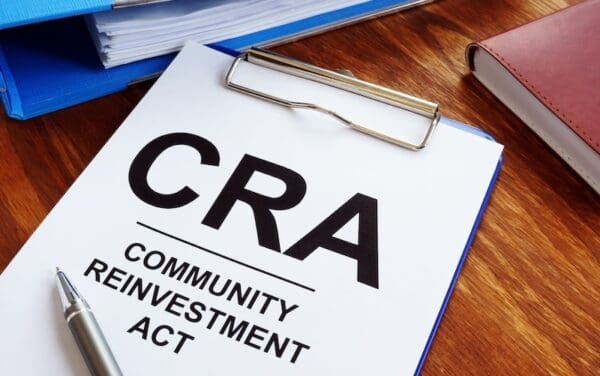
CLF is fighting to develop offshore wind in the Gulf of Maine while protecting our natural resources and coastal communities.
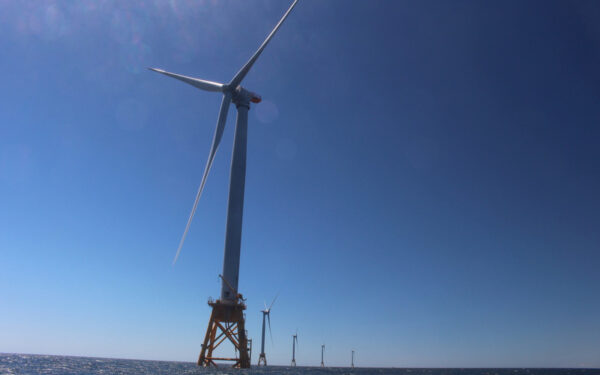
Robert King has nursed neglected dams back to health for more than 30 years. He says his story shows how regular people concerned about climate change can make a difference.
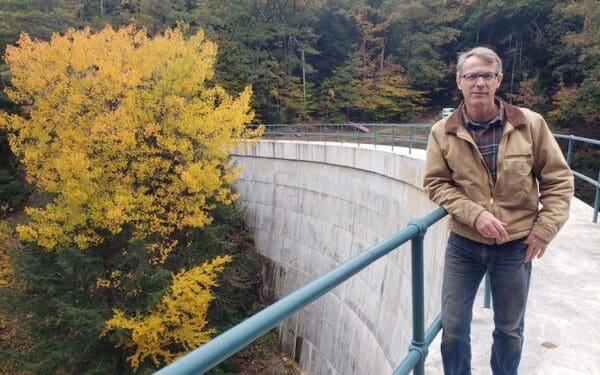
In June, the state of Hawai’i agreed to cut carbon emissions in a historic climate case settlement. This is a big win with implications for communities in New England and beyond.
